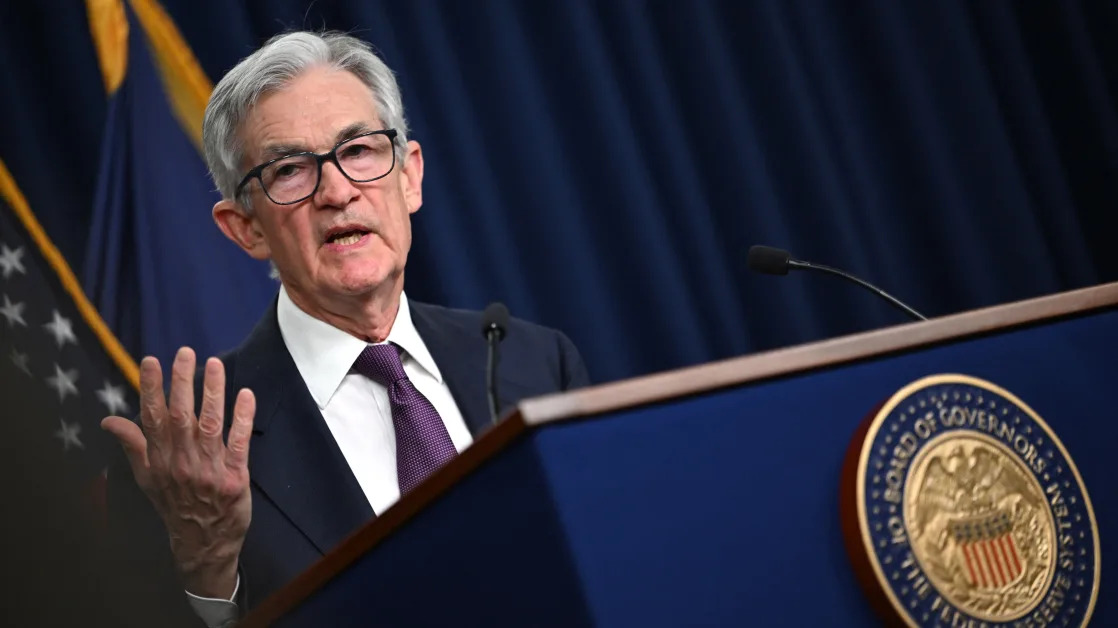(Bloomberg) -- The Trump administration is moving to restrict the sale of chip design software to China, people familiar with the matter said, as the US government evaluates a broader policy announcement on the issue.
The Commerce Department’s Bureau of Industry and Security sent letters to some of the leading providers of electronic design automation, or EDA, last Friday telling them to halt shipments to Chinese customers, said the people, asking not to be identified because the policy isn’t yet public. Top makers of the technology include Cadence Design Systems Inc., Synopsys Inc. and Germany’s Siemens AG.
“The Commerce Department is reviewing exports of strategic significance to China,” an agency spokesperson said. “In some cases, Commerce has suspended existing export licenses or imposed additional license requirements while the review is pending.”
Shares of Cadence fell 10.7% to $288.61 in New York trading, the worst single-day drop since the start of the pandemic in March 2020. Synopsys fell 9.6% to $462.43, its steepest decline since December.
It’s unclear how broad the restrictions will be, although it could mean an effective ban on doing business in China, according to one of the people. Synopsys gets about 16% of its revenue from China, while Cadence gets about 12%.
“On May 23, the US Government informed the Electronic Design Automation (EDA) industry about new export controls on EDA software to China and Chinese military end users globally,” a Siemens spokesperson said via email. “Siemens has supported customers in China for more than 150 years and will continue to work with our customers globally to mitigate the impact of these new restrictions.”
Synopsys Chief Executive Officer Sassine Ghazi acknowledged reports about the letter but said the company hadn’t gotten a notice from BIS. “We cannot speculate about any potential impact to a notice that we have not received,” he said on a conference call Wednesday to discuss the company’s latest results.
Cadence declined to comment. The Financial Times reported earlier on the letters.
Washington has employed an escalating approach to curbing Beijing’s ambitions to build a domestic semiconductor industry. It started by cutting China off from equipment used to make the most advanced electronic components then gradually broadened the scope of the rules. Software from Cadence and Synopsys is used to design everything from the highest-end processors for the likes of Nvidia Corp. and Apple Inc. to simple parts like power-regulation components.
The US has also moved to keep the most advanced semiconductors out of China. Nvidia has been the main target of increasingly strict US export controls — in part because its chips are the gold standard for training artificial intelligence models.
The Trump administration this year banned Nvidia from selling its H20 chips to Chinese customers, the third round of such restrictions since 2022. Nvidia CEO Jensen Huang has publicly objected to the restrictions and declared the US policy a “failure.”
Export controls by the US have emerged as a flashpoint in trade negotiations between Washington and Beijing. Chinese officials claiming that US restrictions — along with efforts to pressure allies not to use Huawei Technologies Co.’s latest Ascend chip — violated the spirit of recent discussions in Geneva aimed at defusing broader tensions over tariffs on the world’s second largest economy by President Donald Trump.
--With assistance from Ian King and Catherine Lucey.
(Updates with comment from Siemens in sixth paragraph)





